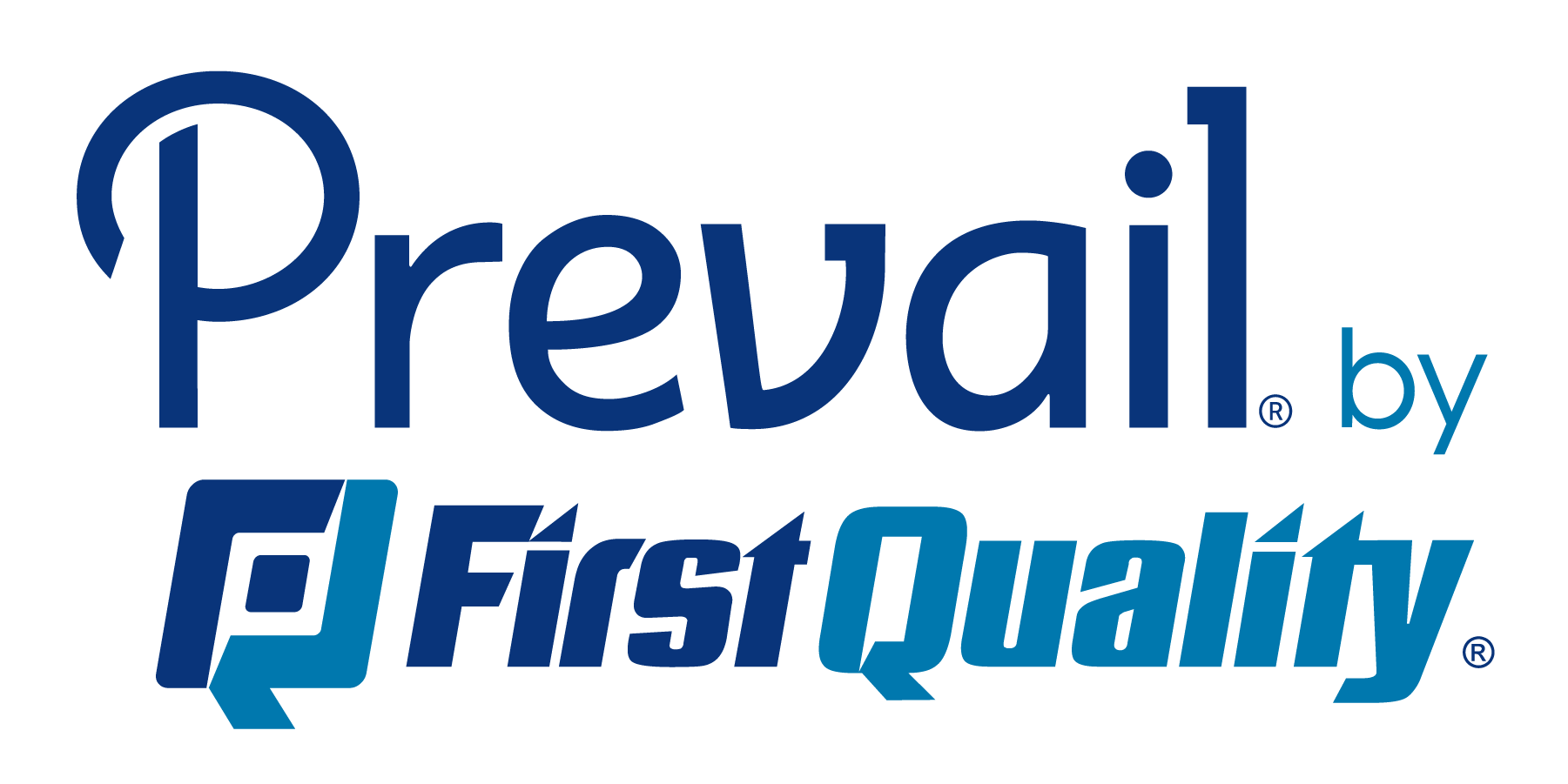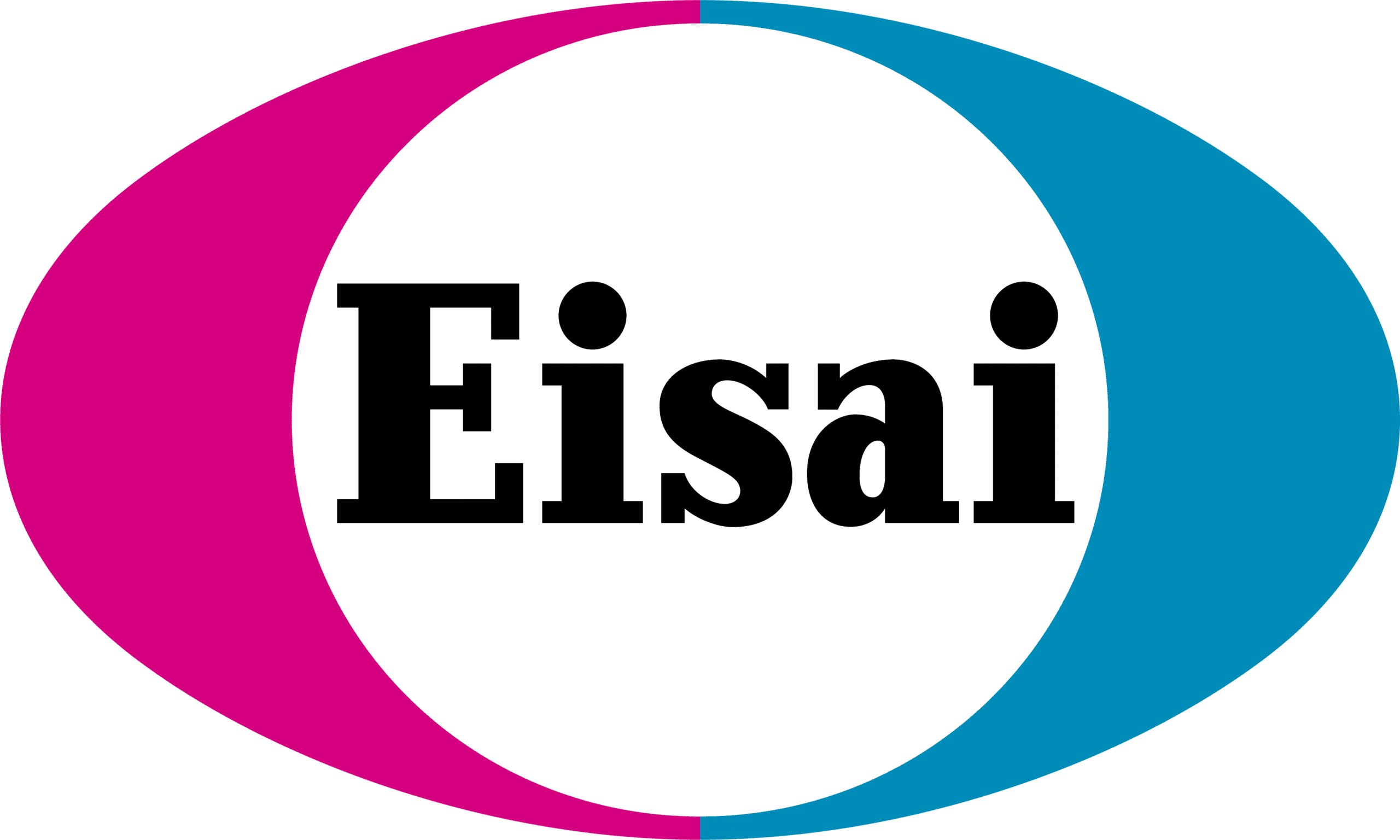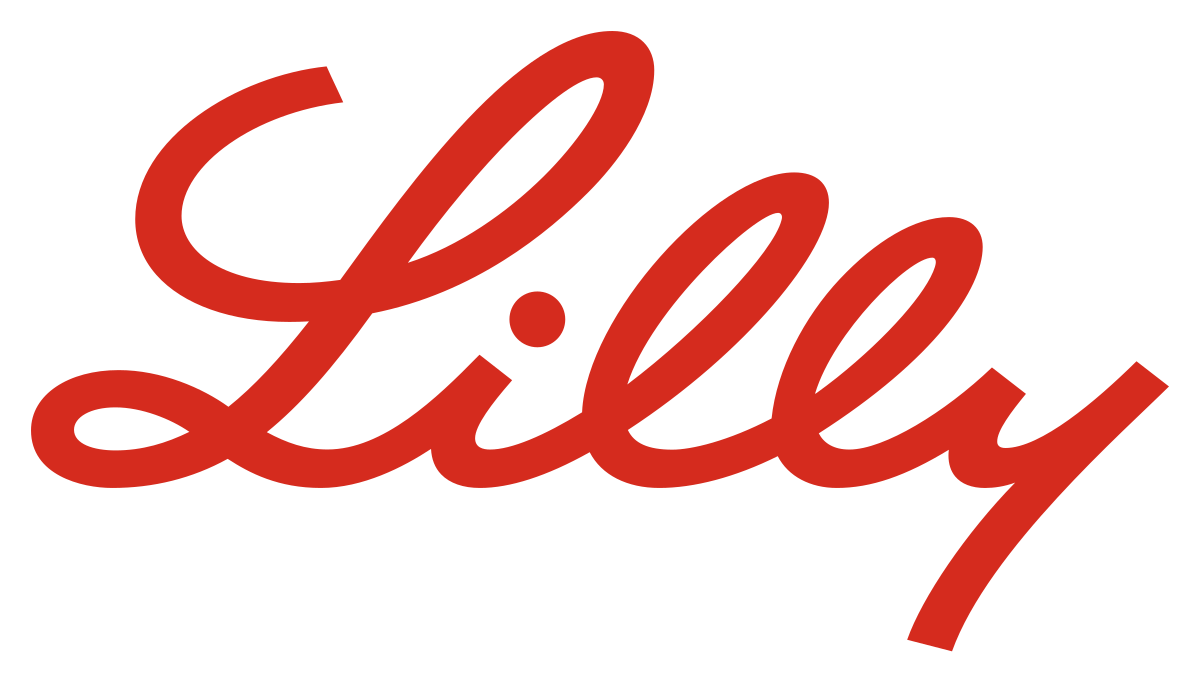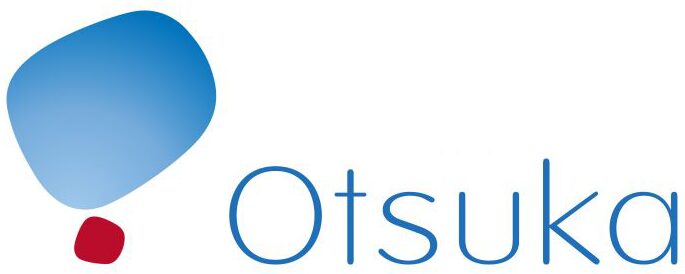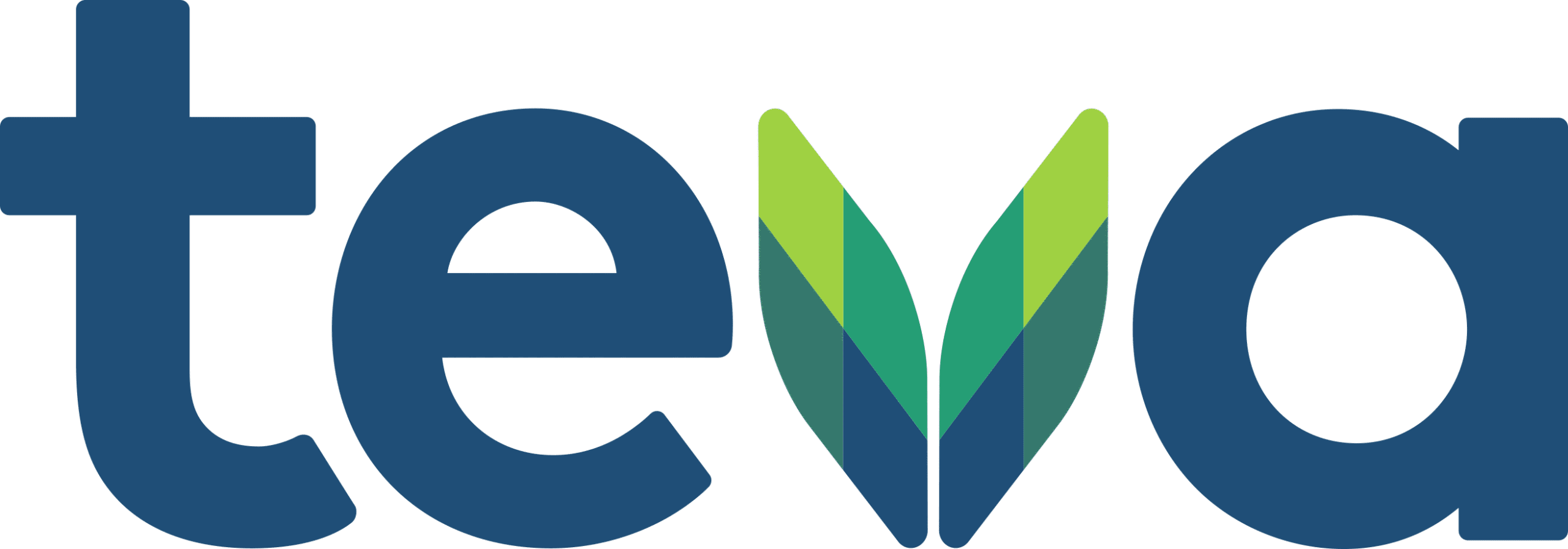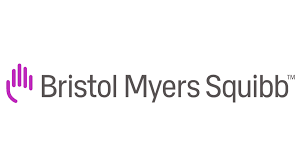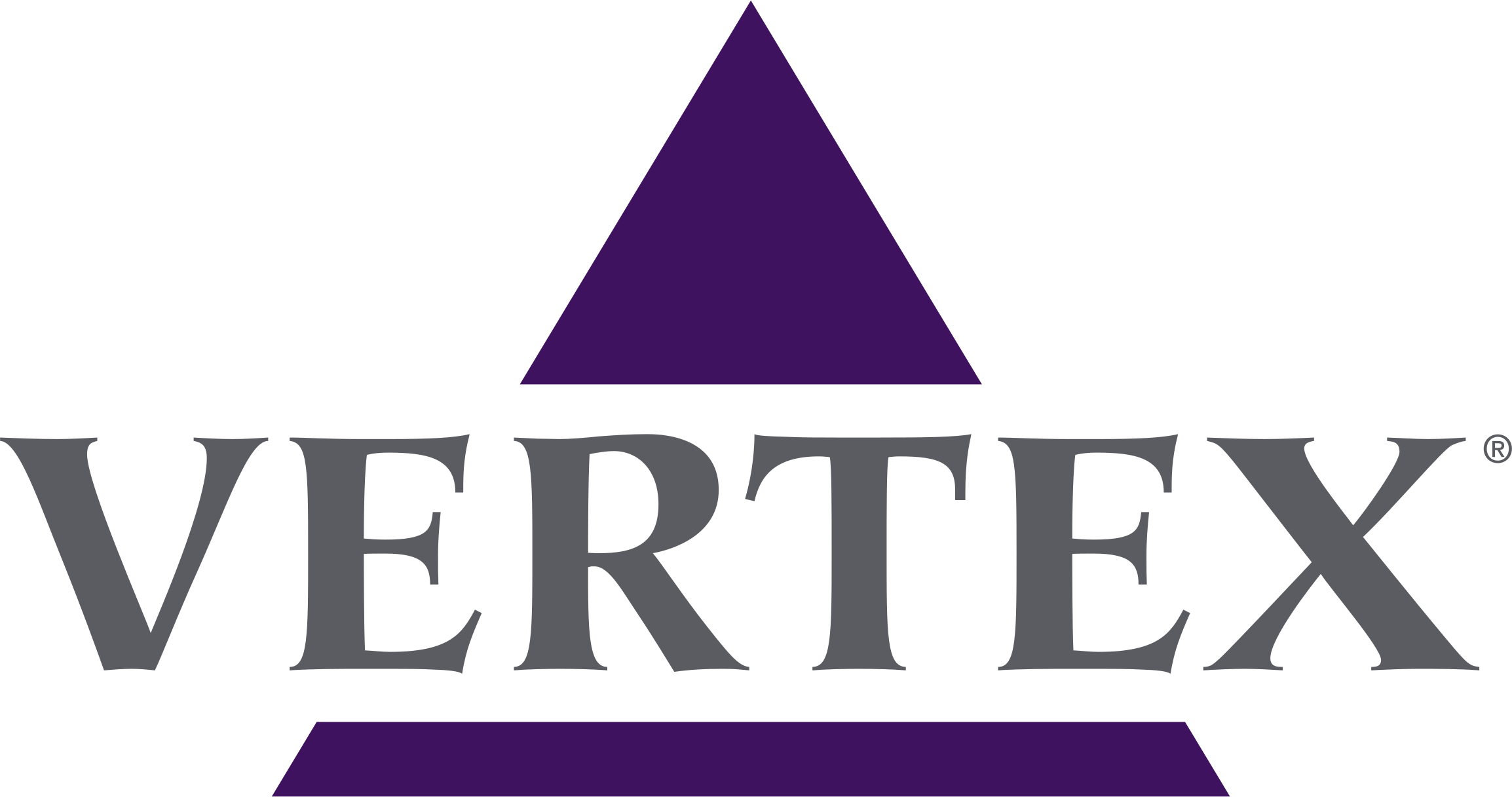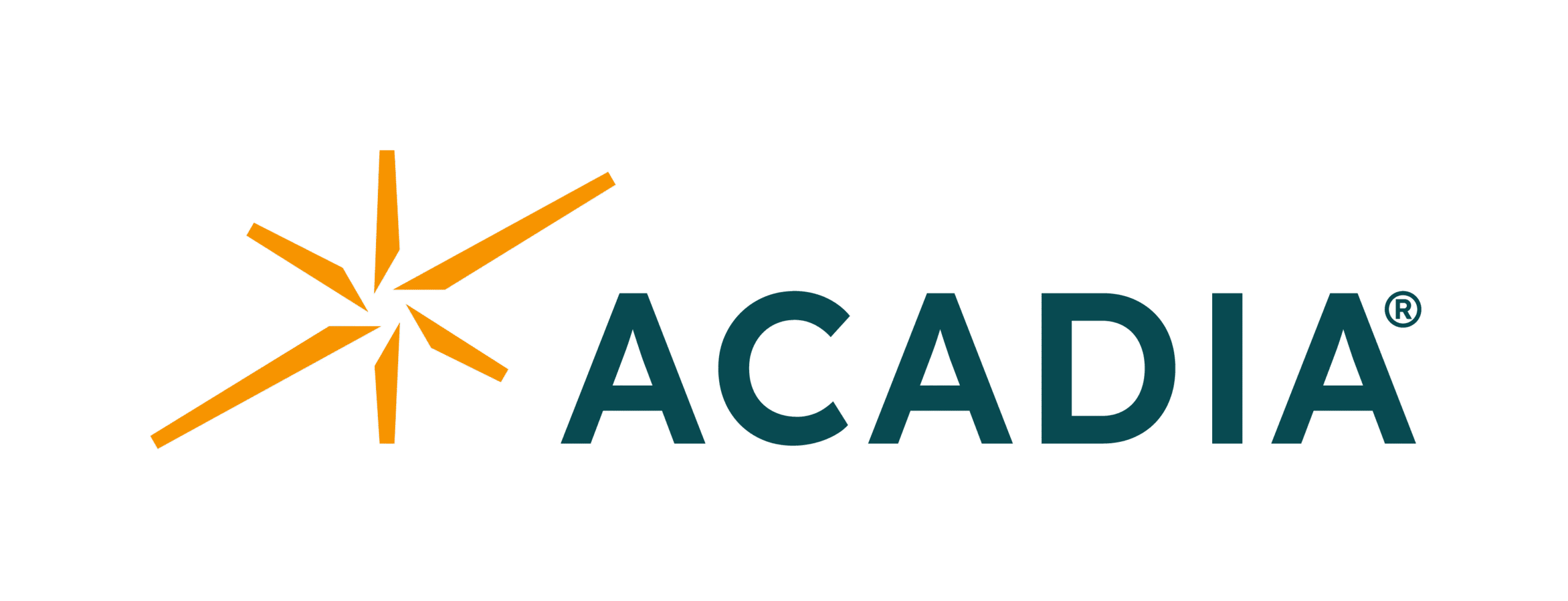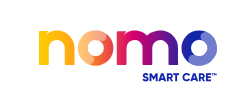
Caregiving doesn’t pause after November — and neither does the importance of staying connected to the right support. Plug-in to Care helps caregivers find trusted information, supportive communities, and practical tools that make each day a little more manageable. Whether you’re caring for a loved one this holiday season or any time of year, connection can make all the difference.
The Caregiver’s Role
Huntington’s disease is a hereditary, progressive neurological disorder that affects movement, cognition, and behavior. Over time, individuals may develop involuntary movements (chorea), difficulty with speech/swallowing, memory decline, mood changes, and executive functioning challenges. Caregivers are often called upon to adapt constantly—providing help not only with mobility or safety, but also with emotional support, communication, supervision, and planning for later stages. Because HD affects multiple domains, caregivers of people with HD must balance flexibility, education, self-care, and advocacy.

Top 3 Things Caregivers Should Know
Caregiving Resources
Partner Resources
Caregiver Action Network
This resource was developed with support from Huntington’s Disease Society of America, Huntington’s Disease Youth Organization, and Movement Disorder Policy Coalition.

